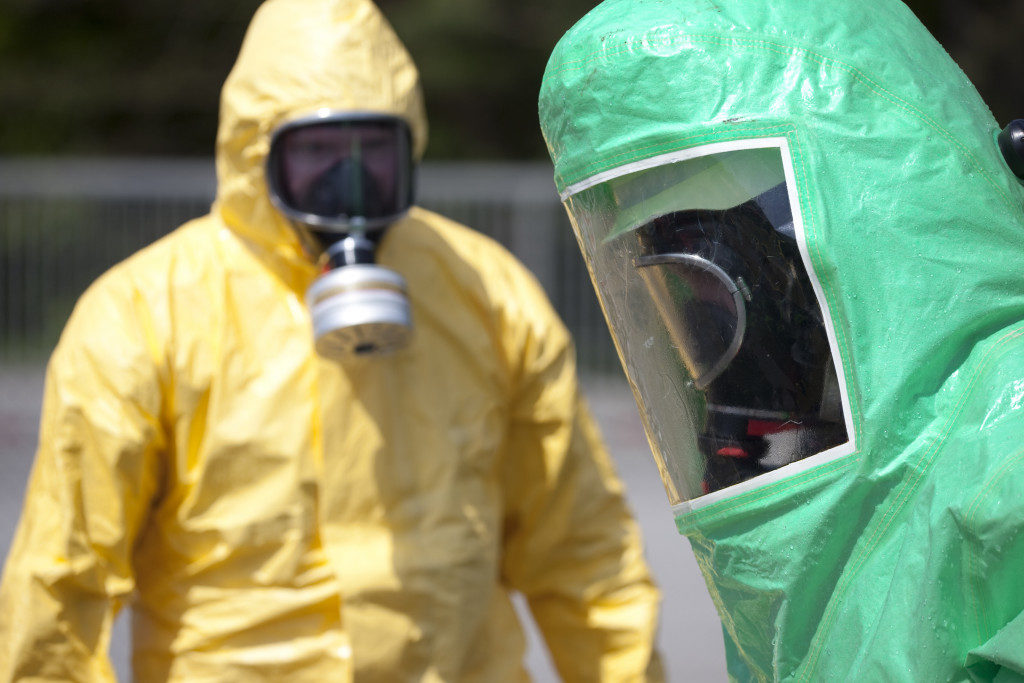Misinformation about the novel coronavirus disease (COVID-19) travels fast, hampering the job of medical practitioners who are responding to the concerns of their patients.
The Internet contains a range of myths about the disease, like the false origins of the virus, the supposed availability of treatments, and the methods of preventing infection. This prevalent misinformation not only confuses people but also hinders efforts to contain the outbreak, requiring professionals to re-educate people and disprove myths.
Facts are not enough
A report by The Nation’s Health, a publication of the American Public Health Association, said factual information is not enough in notifying the public about any disease. This statement was proven by the emergence of the anti-vaccination movement in 2019, a result of misinformation on social media, the backlash against Big Pharma, and policymakers swaying the public with false statements.
Social media plays a significant role in the spread of misinformation. People are more likely to believe a family member or friend who shares something on Facebook than a stranger with a medical degree. Unfortunately, some of these posts are not necessarily true.
How can medical professionals counter misinformation?
Whether you’re a physician on-site or a dentist working on emergency care amidst the pandemic, your help matters in fighting misinformation about COVID-19. Here’s how:
1: Simplicity is the key
Just because doctors have years of knowledge and expertise in the medical field doesn’t mean the public will trust their experience right away. You earn that trust by explaining the disease in a language and context that they understand. For example, a physician runs a YouTube channel where he explains COVID-19 in a manner that he uses when explaining it to his seven-year-old daughter.
2: Speak out online, but don’t fight
Effective communication on social media and your website requires care and patience. State the facts, and don’t call names or cite your experience.
When creating original content for your site, cite authoritative sources like the World Health Organization. If you don’t have much experience with online communication, get the help of trustworthy SEO services for dentists, physicians, and other medical professionals. These companies know how to optimize websites and content to make it easy for people to find the information they need.
3: Be patient with your patients
Whether you’re a physician conducting a check-up for mild symptoms or a dentist attending to a patient for emergency care, take the time to listen to their questions about COVID-19. Add a practical application. For example, you may disprove the myth that COVID-19 is airborne by telling the patient that they can still bring their children to school as long as they do the necessary precautions.
4: Make sure your team gets reliable information

Keep all your workers informed with authoritative and verified facts and directives. Distribute all updated information to everyone, from physicians to janitors.
Keep a constantly updated COVID-19 FAQ document on your clinic’s files and make it accessible to everyone. Include answers to new questions as they come up.
The COVID-19 outbreak has seen a massive spread of misinformation that gets in the way of health and medical practitioners’ efforts to contain the virus immediately. Doing your part in educating your patients and staff, as well as disproving myths, will go a long way in fighting the “infodemic” and preventing the spread from worsening.

